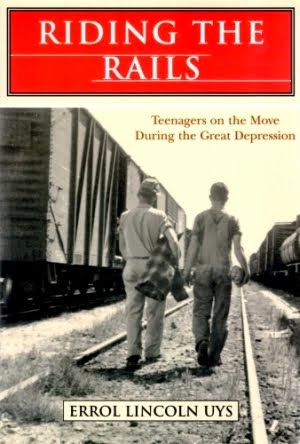When James Michener and I finished our two-year stint together on The Covenant he said to me:
You unquestionably have the talent to write almost anything you direct your attention to. You are a great researcher and know how to put words together most skillfully as your work on the manuscript proved. You have also, from what I gleaned in our conversations on the long walks, an acute sense of timeliness in subject matter."
Long before this when outlining a proposed Boston novel, it didn't escape me that while I focused on Boston, my story goes far beyond one city as a glance at the Outline and Working Notes shows: Puritans, Sons of Liberty, China Trade, Sons of Union, Convoy, Boston Common
As I worked I had the idea that I should be looking beyond Boston -- to a story of America.
Michener had been thinking casually about a book on South Africa for years. When the idea became a reality and we hunkered down at his Maryland home, he saw...
"an immense amount of work to be done over the next two working years. The good feeling is that many persons who hear of the project say that they wish it were completed now. This augers well for the timeliness and the gravity; it would be most appropriate if it were in print right now, but I suspect it will be just as timely when and if it finally does appear."
Today, I have the same sense of timeliness about a book on "America."
I see my work on Boston as a good starting point with much of the 17th to mid-18th century well structured. I need extensions to early Virginia/slavery/maybe a Florida/New Orleans angle; and expanded 1776 material. But the Boston location is excellently placed for the core story leading to the early 1800s.
Then I begin moving my families out West. Without having plotted a line, I find Kansas City and some locale in Texas beckoning: Boston Irish-ranchers; the Mexican War; the California Gold Rush, for a start.
The Boston families, Steeles, Tranes, Lynches and Flys will carry the story to the South and West. So, for example, Farrell Lynch’s Irish background and story remains the same except that after landing in Boston he moves on west.
Adam Trane’s line provides the adventurers, the explorers. The Lynch line – Farrell + Malachy, the Water Rat – become the western movers and shakers. The Steeles of Boston remain in the East and via Captain Ben of Houqua fame continue to look outward and non-isolationist.
Nixie Fly's descendants carry the slavery/abolition story – Boston, Kansas, Carolinas – on a bigger canvas than my original Orlando/Boston plotline but walking the same walk.
What I aim for with "America" is a book that will hopefully achieve what one Brazilian, Wilson Martins, saw in my novel, Brazil:
“Uys was the first to understand Brazil as an imaginary creation, coherent in its apparent incoherency, organic in its historic development, complimentary in its contradictions and antagonisms, unitary in its differences and obscurely answering to the famous “will of being a nation” that Julien Benda identified as the motivating force in the history of his own country.”
I've decided to leave my Boston working pages on the web and revise them as I go. After all, presenting a draft online involves the same thought that goes on in the attic! -- All the elements that go into the shaping of a novel.
Subscribe to:
Posts (Atom)



